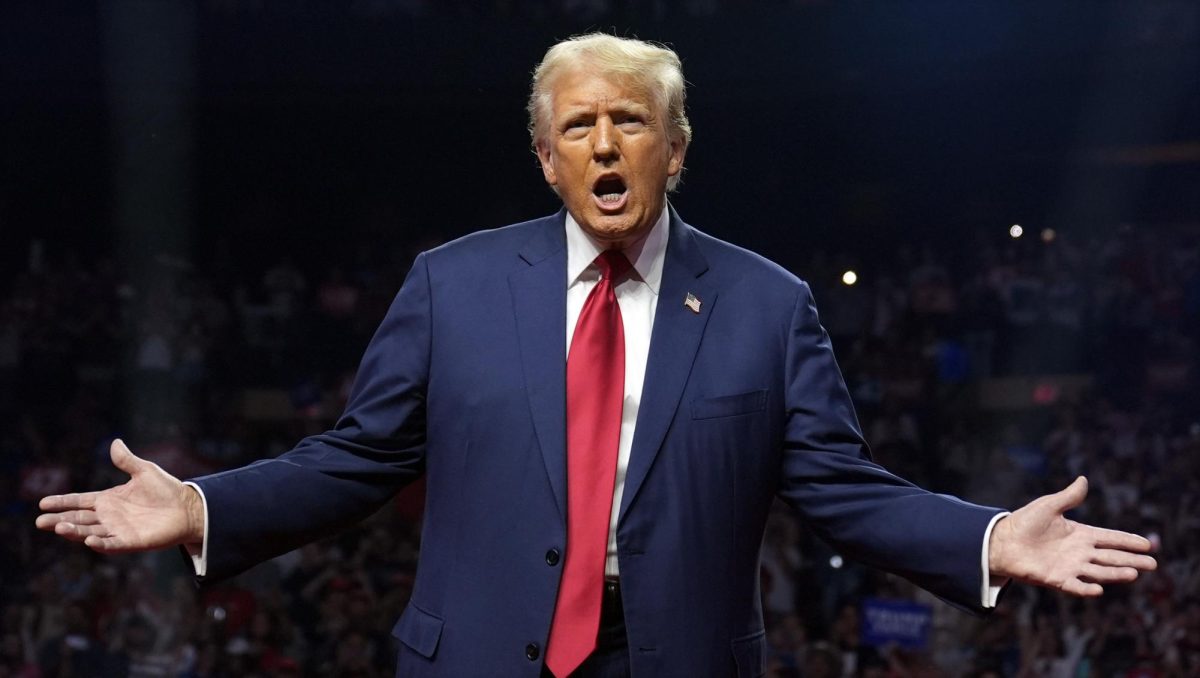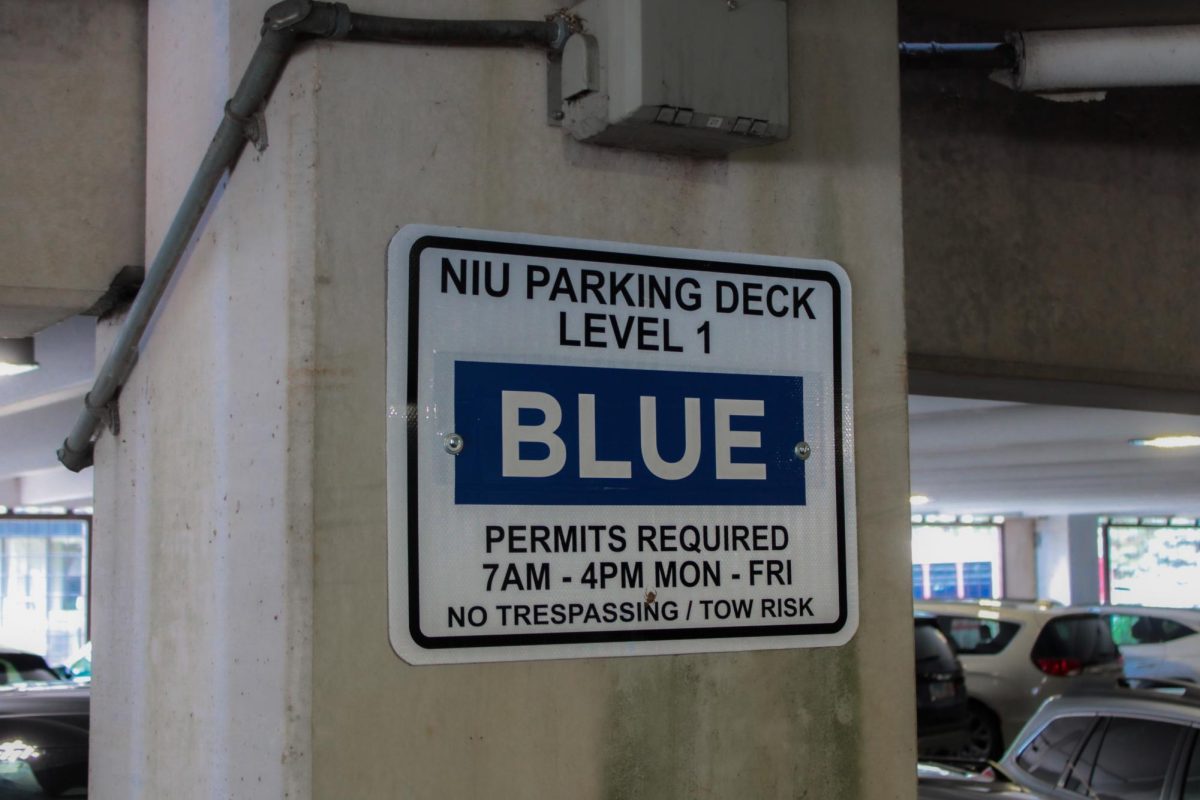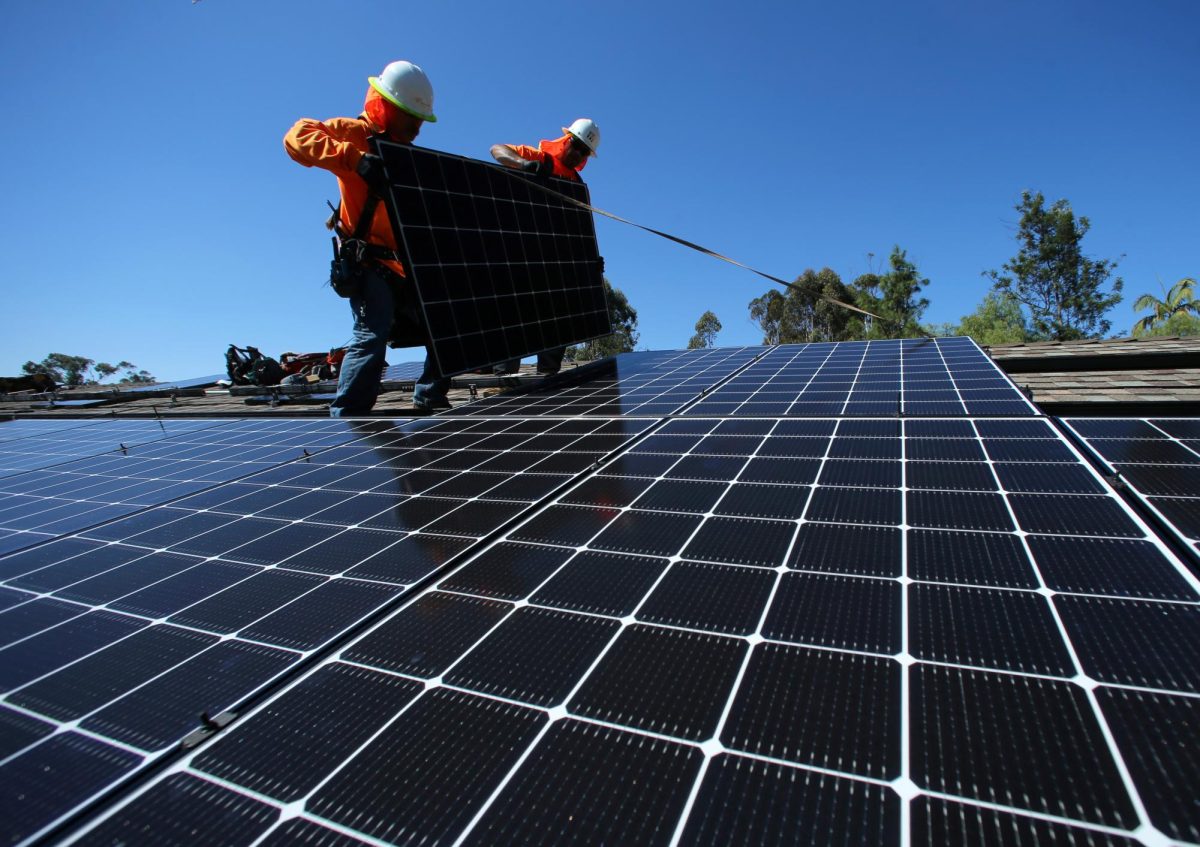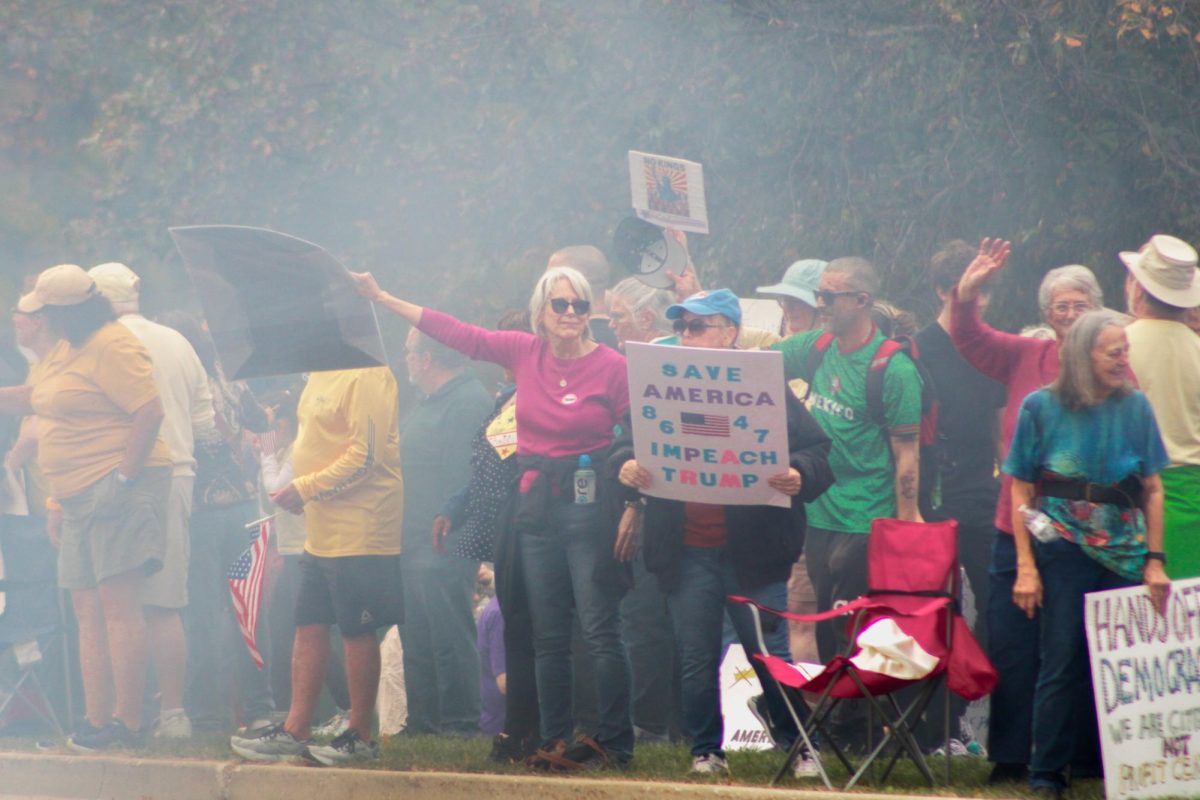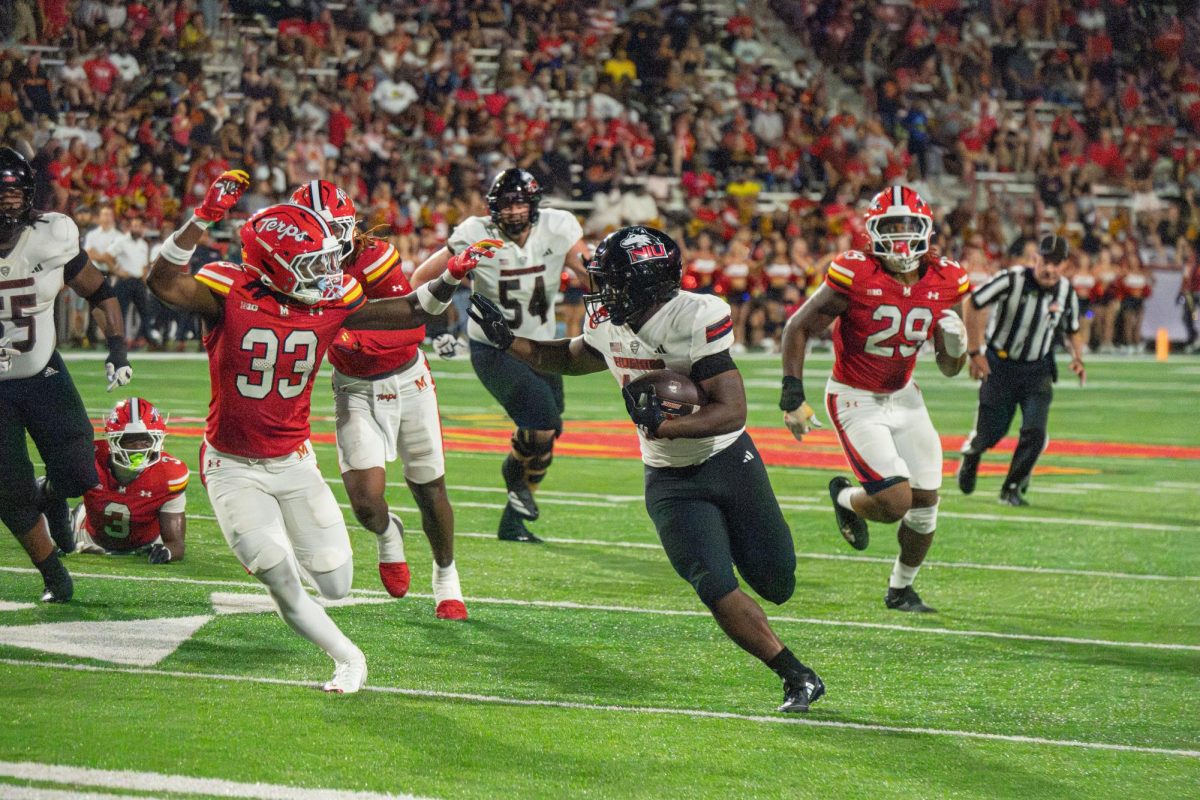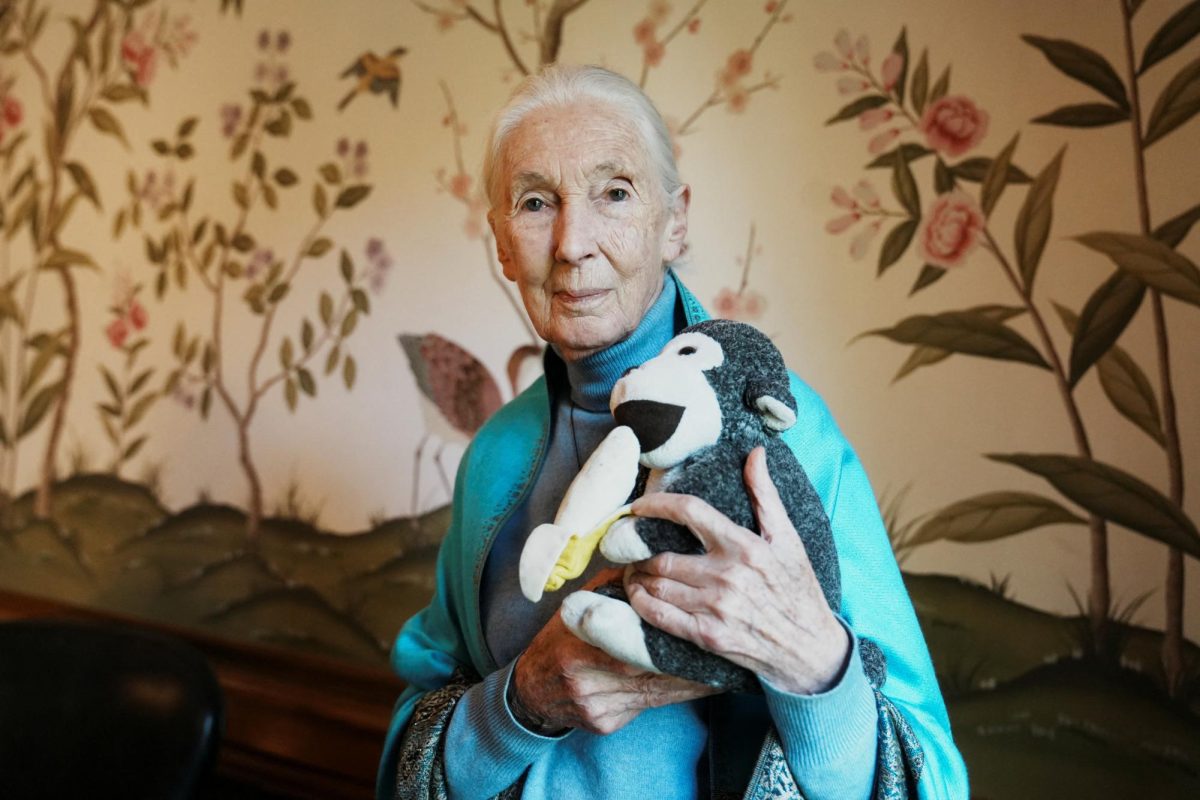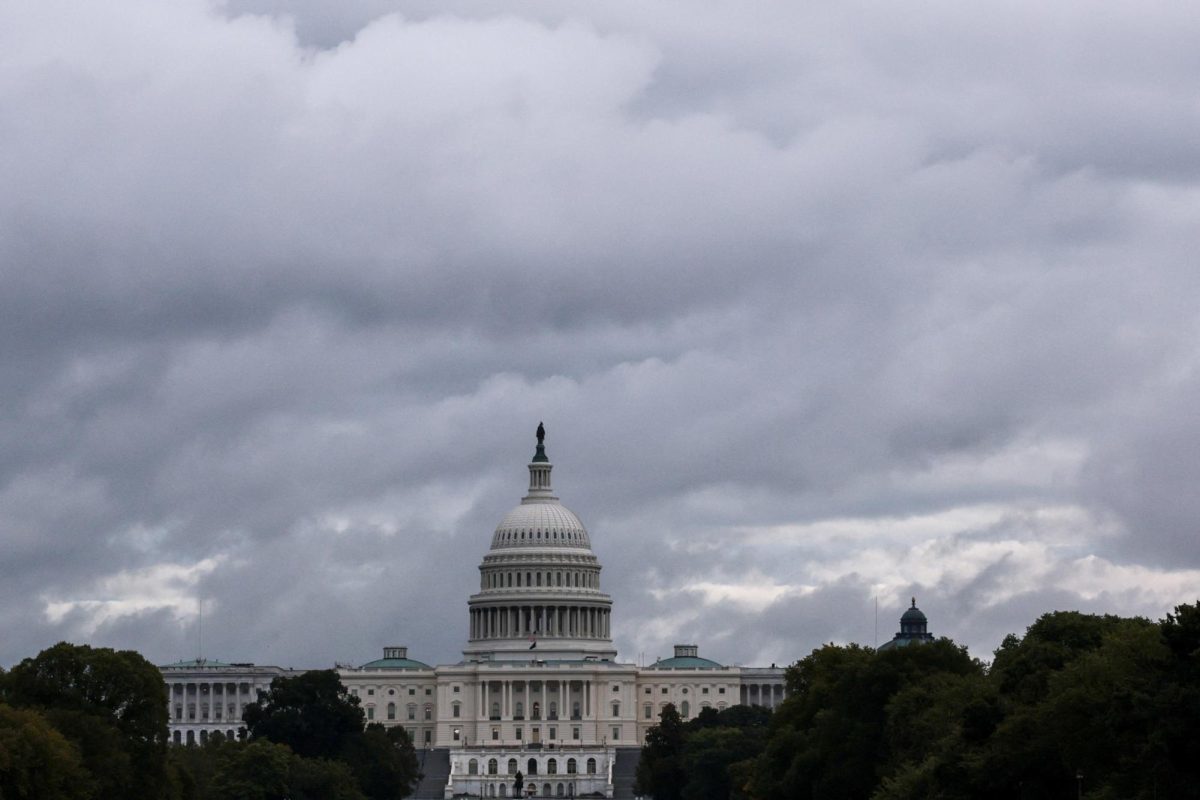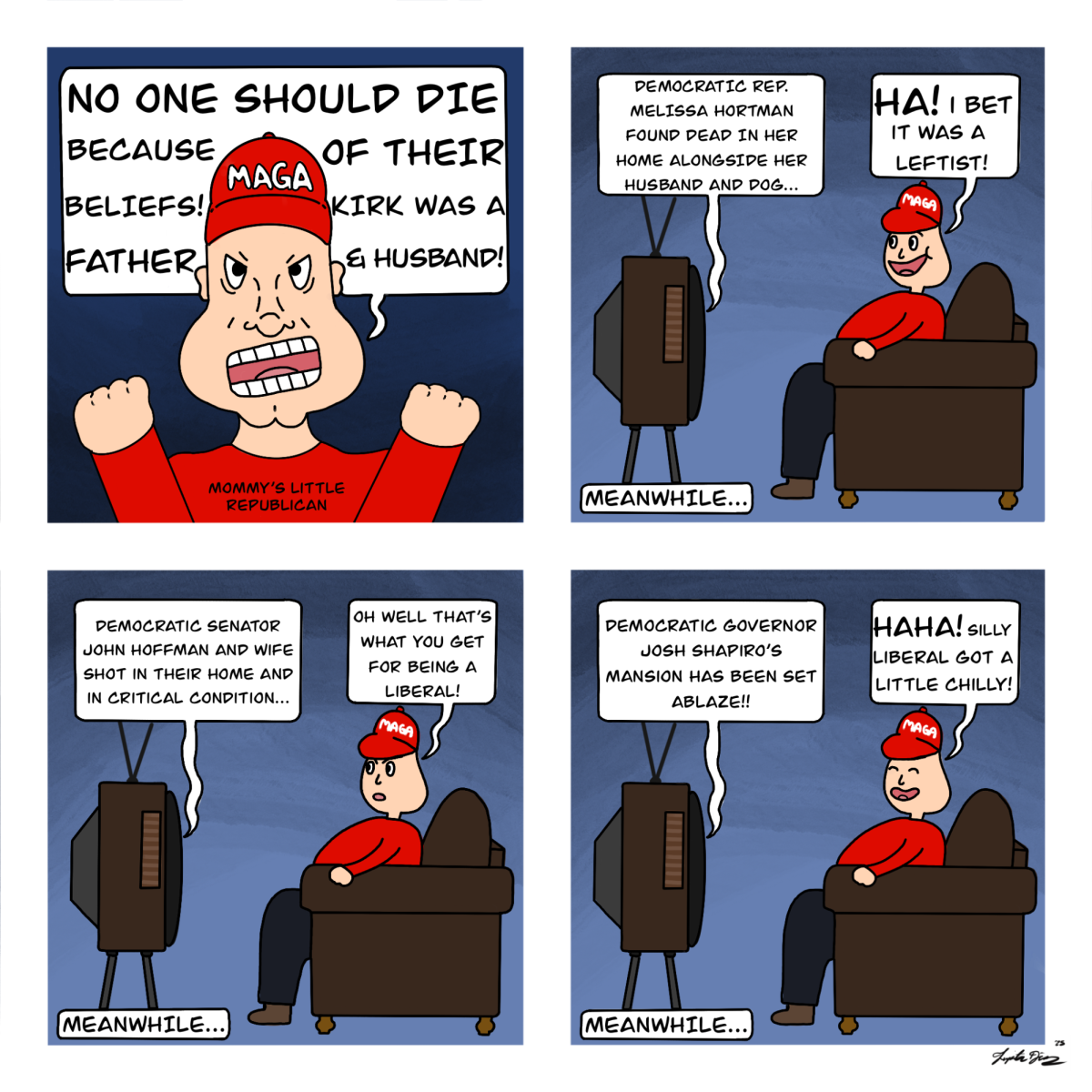Presidential debates have been significant to presidential elections and campaigns for decades. Former President Donald Trump’s performance in debates, however, undermines the true purpose of a debate.
DEBATES THROUGHOUT HISTORY
Presidential debates have evolved over time, greatly affecting how participating candidates behave.
In 1960, Vice President Richard Nixon’s and Senator John F. Kennedy’s debate was the first presidential debate to be televised, and campaigners were quick to recognize how a candidate’s image through a screen – especially when they were discussing what they planned for the future of the country – would impact their overall image.
The 2024 presidential election season experienced a new shift as Trump and Biden agreed to organize their own debates through television networks, rather than working with the Commission on Presidential Debates. Established in 1987, the bipartisan non-profit was created to organize debate locations, formulas and other logistical details for candidates.
Ferald Bryan, an NIU associate professor of rhetorical studies in the department of communication, worries this change degrades debate quality.
“Now it’s kind of a free-for-all for the individual candidates and their campaigns to make arrangements with local media or the national media to do the debates,” Bryan said. “This commission (Commission on Presidential Debates) helped organize all of the debates, about the debates. That is: ‘how many moderators?’ ‘Are there going to be a panel of questions?’ ‘Is there going to be a town hall format, or is it a closed studio?’ I mean, there’s several strategic choices that each campaign tries to, you know, put their candidates and what they think is the best, you know, the best setting.”
How a debate is prepared and conducted should be carefully considered because, as Nixon was disappointed to discover, a candidate’s performance in debates can be a powerful campaigning tool.
WHAT A DEBATE SHOULD DO
Debates put candidates on the spot, giving them the opportunity to outline their policies and promises for their potential presidency and to draw attention to how their policies differ from – and ideally, are better than – their opponents’.
Debates can, likewise, serve as an opportunity for voters to analyze a candidate’s character under pressure.
“A political debate is the one time voters get to see the candidates side-by-side and hear their views, and candidates see that as a free opportunity,” Bryan said. “To make their case, to stand next to their opponent and articulate their views for the future of the country.”
TRUMP IN DEBATES
Donald Trump’s responses in debates, however, take away from the original point of a presidential debate in a way that is severely harmful.
In debates, Trump’s attitude – and lack of a legitimate answer to most questions – mirrors his unprofessionalism in interviews, which he often seems to confuse with rallies.
Evading questions, repeating false statistics and facts to back his claims, and using every opportunity to attack his opponent, Trump seems incapable of producing an intelligent or respectful response to any question that challenges him.
It appears difficult for the presidential candidate to feel comfortable in a setting that is not filled with like minded supporters or that is focused on the well-being of the country rather than the victimization of Trump himself.
He is perfectly capable, however, of accusing others of stupidity.
Today, a bit of banter is expected in presidential debates, and it is a natural strategy to point out the flaws in opposing policies or candidates. Back-and-forth between opponents draws viewers in, even those who may not generally be invested in political conversations.
Bryan believes Biden’s lack of energy is part of the reason his performance in the 2024 June debate was received so poorly.
“Now we know that Joe Biden was, was sick. He said he had a cold and was not at his best. Certainly he seemed lethargic and not as responsive, and fluent, and as with it in terms of quick responses,” Bryan said. “Americans are used to, in these debates, for quick, kind of rapid fire responses, you know, the give and take. I mean, that’s where the debate is supposed to be, point and counterpoint. Even if they’re prepared lines, and even if there are things that candidates have said all through the campaign, you still expect a fairly, you know, hearty repartee.”
But consistently acting childish, name-calling and spreading false information should make it clear to viewers that a candidate is unfit for office.
There should be no pride in acting unkind or hateful on a stage meant for discussing the future lives of Americans, and there is definitely no dignity in looking to cause pointless bickering as a potential world leader.
FUTURE DEBATES THIS ELECTION SEASON
As Biden decided not to continue his campaign for the 2024 presidential election in July, the recently nominated Vice President Kamala Harris and Trump will debate for the first time Sept. 10 at 8 p.m., and viewers should be prepared to witness Trump’s typical demeaning debate strategies.
However, Trump may struggle to put on his usual show with the loss of his favorite target. It’s difficult to adapt to a new opponent when your campaigning strategy was primarily focused on ruthlessly tearing at the original opponent.
“He’s very, very predictable at what he does, and many commentators are beginning to wonder, you know, if, finally, if some of that is getting a little tired, because he’s having a great deal of trouble pivoting,” Bryan said.
With luck, Trump’s ability to distract presidential debates from their true purpose will be diminished in September, or better yet, watching voters will see his aggressive debate strategies for what they are: evidence of an unfit candidate.


